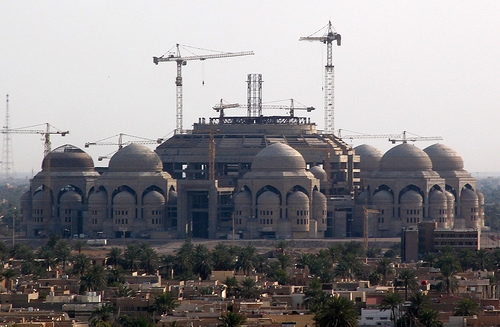Business Monitor International expected the Iraqi construction sector to out-performer its peers in the region and forecast the industry to grow by an average rate of 8.6% annually between 2012 and 2016. It indicated that the Iraqi government allocated $4bn for the construction of residential housing projects over the next four years, which would be spent equally on social housing projects and low-cost housing. It said that the government also pledged $1bn in interest-free loans for those who want to build their own houses, given that mortgage financing options are limited in the country.
BMI said that the government’s decisions reflect the high domestic demand for housing in the country, and estimated the housing deficit at 2.5 million residential units. It expected the positive trend in the housing sector to continue over the foreseeable future and to be driven by robust government spending, significant demand, and rising foreign interest in the sector. However, BMI warned that downside risks to the sector’s outlook are significant. It said that rising instability stemming from increased sectarian tensions have the potential to curtail the flow of investment. It added that a more unstable institutional environment with increased security risks would result in higher costs for foreign firms, as the risks of project delays become elevated. But it said that the sector continues to appeal to less risk-averse firms such as Turkish, Emirati and South Korean companies, given that rewards outweigh the inherent risks.
Business Monitor International – Byblos Bank Research
4 June














































































